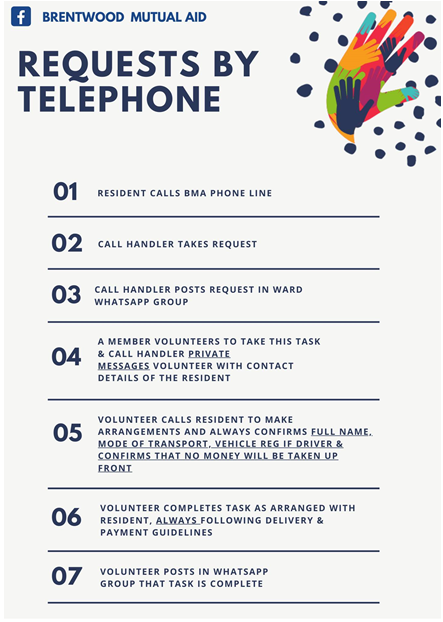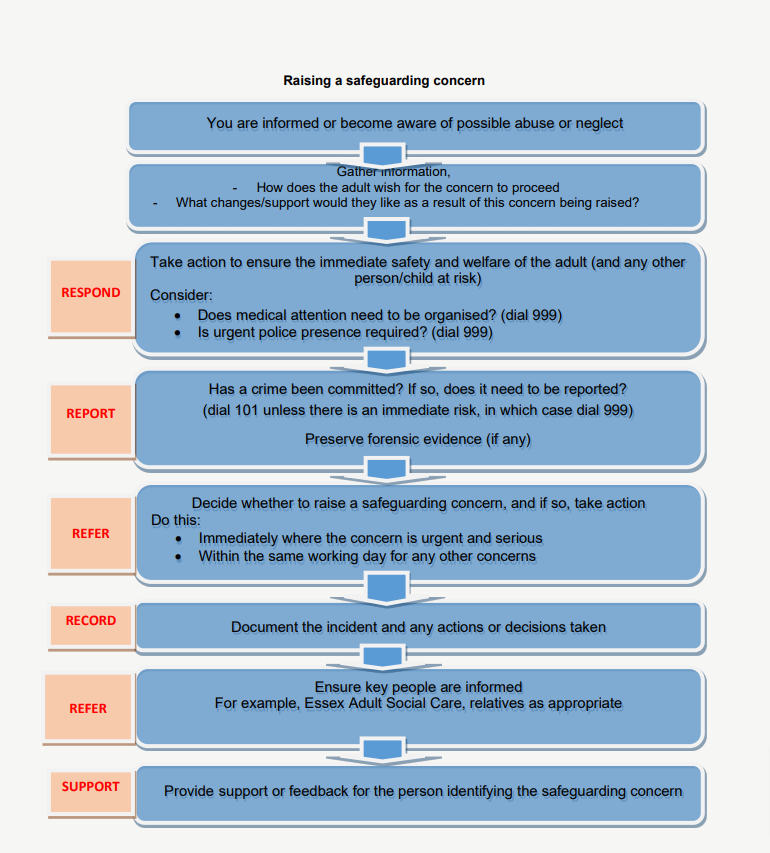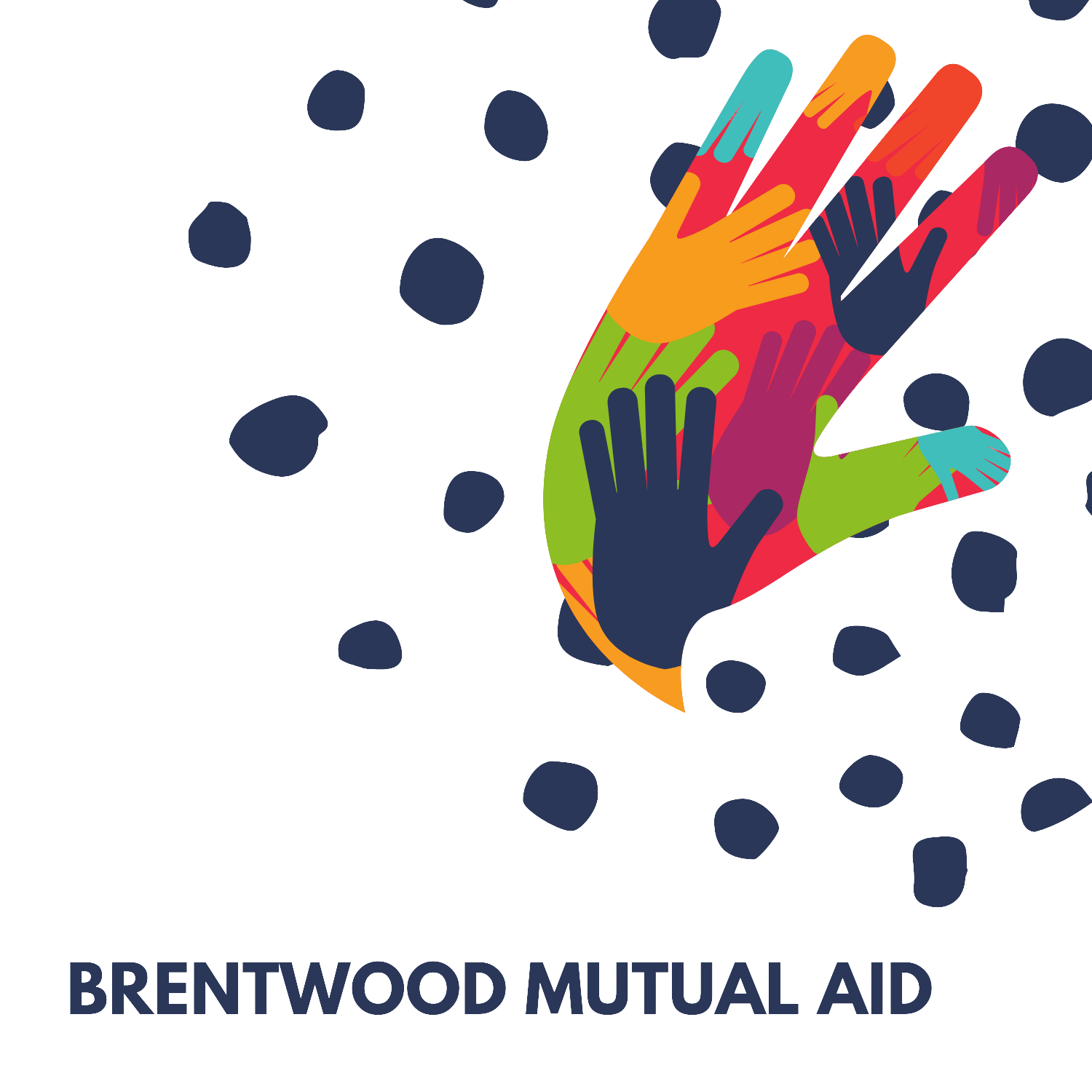Working with you: Our policy and contract guide
Our Policies
We have a number of policies that help us stay accountable to you and the public more broadly, you can find them below in the “Our Policies” section.
Our Policies
Proof of identity checklist for individuals
You cannot use one form of identification for both name and address.
For example, if you provide your driving licence as proof of your name you must provide another form of identification for your address, such as a utility bill.
|
Proof of name |
Proof of address |
|
Current signed passport |
Utility bill (gas, electric, satellite television, landline phone bill) issued within the last three months |
|
Original birth certificate (UK birth certificate issued within 12 months of the date of birth in full form including those issued by UK authorities overseas such as Embassies High Commissions and HM Forces) |
Local authority council tax bill for the current council tax year |
|
EEA member state identity card (which can also be used as evidence of address if it carries this) |
Current UK driving licence (but only if not used for the name evidence) |
|
Current UK or EEA photocard driving licence |
Bank, Building Society or Credit Union statement or passbook dated within the last three months |
|
Full old-style driving licence |
Original mortgage statement from a recognised lender issued for the last full year |
|
Photographic registration cards for self-employed individuals in the construction industry -CIS4 |
Solicitors letter within the last three months confirming recent house purchase or land registry confirmation of address |
|
Benefit book or original notification letter from Benefits Agency |
Council or housing association rent card or tenancy agreement for the current year |
|
Firearms or shotgun certificate |
Benefit book or original notification letter from Benefits Agency (but not if used as proof of name) |
|
Residence permit issued by the Home Office to EEA nationals on sight of own country passport |
HMRC self-assessment letters or tax demand dated within the current financial year |
|
National identity card bearing a photograph of the applicant |
Electoral Register entry |
Documents we will not accept include, but are not limited to
- Provisional driving licence
- Mobile phone bills
- Credit card statements
How we work
Brentwood Mutual Aid supports isolated, elderly and vulnerable residents in our community needing assistance with basic tasks such as shopping, free food parcels, medication collections, errands such as letter posting and also befriending either by telephone and now the restrictions allow, face to face. We also fully staff the Brentwood vaccine site with volunteers, support surge testing initiatives and various emergency food drives when required. We provide a signposting service, helping residents get the support they need from other agencies and the statutory services.
We are divided into neighbourhood areas and we deal with all requests on WhatsApp as we find this the most efficient way of getting residents support as soon as possible as well as offering complete flexibility to our volunteers. We have a dedicated WhatsApp group for each ward area. Residents call into our phone line, we take their request and then post the requests in our dedicated WhatsApp groups. Whether you can help with one task a year or one task a day we welcome you to join these groups so that we can connect you with residents in need. By joining our WhatsApp groups you will see the requests coming in and you only need to put your hand up as and when you can help, there is no pressure at all.

Advice on managing payments for shopping, prescriptions, supplies etc
NEVER take a bank card from someone to pay for goods. It’s a huge safeguarding issue.
Pay for the goods yourself in advance.
If the recipient uses internet banking or PayPal, send a photo of the receipt when you’ve collected the goods along with your bank details for them to make the transfer ahead of delivery.
OR
Provide a receipt and either your bank account details for payment and leave in an envelope with the goods on the doorstep OR contact the recipient in advance with the cost of the goods for them to leave cash in an envelope on the doorstep immediately prior to collection.
(Notes and coins can be washed if there are concerns about contamination)
In order to safeguard everyone, if you cannot afford to pay for goods in advance, please only collect items that have been paid for in advance by the recipient. This is particularly important for larger grocery shops.
If someone has not made payment for goods that have been delivered after 48 hours please contact an admin. They may need a wellbeing check or be in financial difficulty. If so, additional support may be required from outside agencies which we can help with.
Aims
This information sheet is intended to support volunteers working in the Borough to understand their role and responsibilities in regard to safeguarding adults. All volunteers are asked to follow this information.
The key objectives of this policy are for all volunteers in Brentwood to:
- have an overview of adult safeguarding
- be clear about their responsibility to safeguard adults
- ensure the necessary actions are taken where an adult with care and support needs is deemed to be at risk
This policy is based on:
- The Care Act 2014 and the Care and Support statutory guidance
- Safeguarding Adults policy and procedures
Under the Human Rights Act 1998, everyone has the right to live free from abuse and neglect. https://www.equalityhumanrights.com/en/human-rights/human-rights-act
What is Safeguarding adults?
‘Safeguarding means protecting an adult’s right to live in safety, free from abuse and neglect. It is about people and organisations working together to prevent and stop both the risks and experience of abuse or neglect, while at the same time making sure that the adult’s wellbeing is promoted including, where appropriate, having regard to their views, wishes, feelings and beliefs in deciding on any action. This must recognise that adults sometimes have complex interpersonal relationships and may be ambivalent, unclear or unrealistic about their personal circumstances.’
Care and Support Statutory Guidance, Department of Health, updated February 2017
All adults should be able to live free from fear and harm. But some may find it hard to get the help and support they need to stop abuse.
An adult may be unable to protect themselves from harm or exploitation due to many reasons, including their mental or physical incapacity, sensory loss or physical or learning disabilities. This could be an adult who is usually able to protect themselves from harm but maybe unable to do so because of an accident, disability, frailty, addiction or illness.
Brentwood Mutual Aid asks all volunteers to adhere to following the six key principles that underpin safeguarding work (See Care Act guidance)
- Empowerment
- Prevention
- Proportionality
- Protection
- Partnership
- Accountability
Volunteers should ensure that their work reflects the principles above and ensure the adult with care and support needs is involved in their decisions and informed consent is obtained.
What is Making Safeguarding Personal (MSP)?
MSP means a case should be person-led and outcome-focused. The individual should be involved in identifying how best to respond to their safeguarding situation by giving them more choice and control as well as improving quality of life, wellbeing and safety.
Who do adult safeguarding duties apply to?
The Care Act 2014 sets out that adult safeguarding duties apply to any adult who:
- has care and support needs, and
- is experiencing, or is at risk of, abuse and neglect, and
- is unable to protect themselves from either the risk of, or the experience of abuse or neglect, because of those needs.
Who do I go to if I am concerned?
All volunteers should contact Essex Adult Social Care for any concerns/queries they have in regard to safeguarding adults.
What should I do if I am concerned?
Volunteers who have any adult safeguarding concerns should:
- Respond
- Take emergency action if someone is at immediate risk of harm/in need of urgent medical attention. Dial 999 for emergency services
- Get brief details about what has happened and what the adult would like done about it, but do not probe or conduct an investigation
- Seek consent from the adult to take action and to report the concern. Consider whether the adult may lack capacity to make decisions about their own and other people’s safety and wellbeing. If you decide to act against their wishes or without their consent, you must record your decision and the reasons for this.
- Report
- Call Essex Adult Social Care:
Telephone: 0345 603 7630
Textphone: 0345 758 5592
Monday to Thursday, 8:45am to 5pm
Friday, 8:45am to 4:30pm
For out of hours queries contact the Emergency Duty Service.
Telephone: 0345 606 1212
You can also email the Adult Social Care team and someone will get back to you.
Email: socialcaredirect@essex.gov.uk
Why is it important to take action?
It is may be difficult for adults with care and support needs to protect themselves and to report abuse. They rely on you to help them.
Confidentiality and information sharing
Volunteers should maintain confidentiality at all times, in line with Data Protection law.
It should however be noted that information should be shared with authorities if an adult is deemed to be at risk of immediate harm. Sharing the right information, at the right time, with the right people can make all the difference to preventing harm. For further guidance on information sharing and safeguarding see: https://www.scie.org.uk/care-act-2014/safeguarding-adults/sharing-information/keymessages.asp
Prevent
Radicalisation and extremism of adults with care and support needs is a form of emotional/psychological exploitation. Radicalisation can take place through direct personal contact, or indirectly through social media.
If staff are concerned that an adult with care and support needs is at risk of being radicalised and drawn into terrorism, they should treat it in the same way as any other safeguarding concern.
For more information about Prevent see: https://www.gov.uk/government/publications/prevent-duty-guidance
Appendix 1
What are the types of safeguarding adults abuse?
The Care and Support statutory guidance sets out the 10 main types of abuse:
- Physical abuse
- Neglect
- Sexual abuse
- Psychological
- Financial abuse
- Discriminatory
- Organisational
- Domestic violence
- Modern Slavery
- Self-neglect
However, you should keep an open mind about what constitutes abuse or neglect as it can take many forms and the circumstances of the individual case should always be considered.
For more information, read section 14.17 of the Care and Support Statutory Guidance.
What are the possible signs of abuse?
Abuse and neglect can be difficult to spot. You should be alert to the following possible signs of abuse and neglect:
- Depression, self-harm or suicide attempts
- Difficulty making friends
- Fear or anxiety
- The person looks dirty or is not dressed properly,
- The person never seems to have money,
- The person has an injury that is difficult to explain (such as bruises, finger marks, ‘non-accidental’ injury, neck, shoulders, chest and arms),
- The person has signs of a pressure ulcer,
- The person is experiencing insomnia
- The person seems frightened or frightened of physical contact.
- Inappropriate sexual awareness or sexually explicit behaviour
- The person is withdrawn, changes in behaviour
You should ask the person if you are unsure about their well-being as there may be other explanations to the above presentation.
Who abuses and neglects adults?
Abuse can happen anywhere, even in somebody’s own home. Most often abuse takes place by others who are in a position of trust and power. It can take place whether an adult lives alone or with others. Anyone can carry out abuse or neglect, including:
- partners;
- other family members;
- neighbours;
- friends;
- acquaintances;
- local residents;
- people who deliberately exploit adults they perceive as vulnerable to abuse;
- paid staff or professionals; and
- volunteers and strangers.

PII Data Processing
| PII Data | Basis 1* | Basis 2* | PII Processing Status | Retention Period | Article 14 Notice? |
| Email Address | Legitimate Interest | Consent | Controller | 12 months | Variability Applies |
| Name | Legitimate Interest | Consent | Controller | 12 months | Variability Applies |
| Residential Address | Legitimate Interest | Consent | Controller | 12 months | Variability Applies |
| DBS History | Legitimate Interest | Consent | Controller | 12 months | Variability Applies |
Please find our privacy policy here:
Notes on our PII Data Processing Matrix:
*There may be more than 2 bases of processing your PII
**We deem these fields to be PII data when these are read with a contact object within our systems. If we pseudonymise this contract object, these fields would no longer be classed as PII Data.
